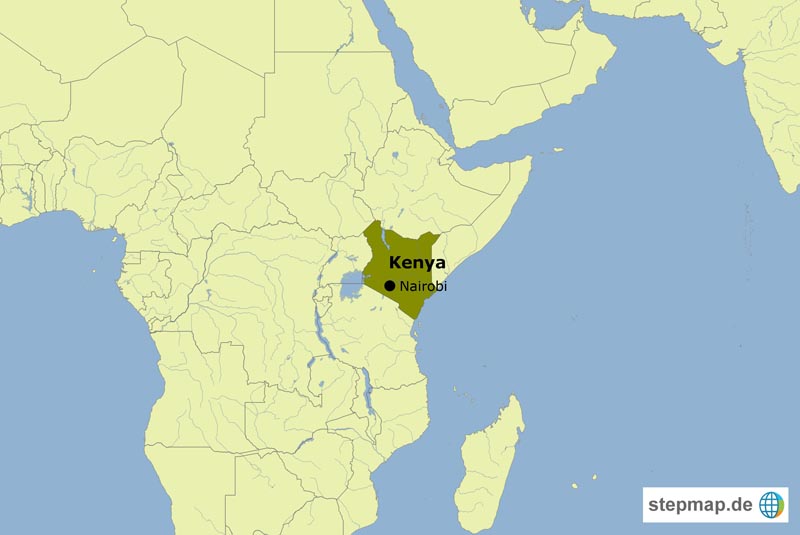Tea estates
Fighting for workers’ rights

Yet Malawi’s estimated 16,500 small-scale tea farmers find it difficult to make a living. Moreover, tea-pickers working for them and for large estates owned by multinationals are poorly paid and face difficult working conditions.
The Malawi Tea 2020 Revitalisation Programme, known as Malawi Tea 2020 (or MT2020), aims to change all that. It brings together about two dozen organisations – including producers, buyers, trade unions, retailers and NGOs – to improve pay and working conditions and boost productivity.
In a mid-point review published towards the end of 2018, researchers at Wageningen University & Research (WUR) in the Netherlands found “very good progress” in improving working conditions and in kind benefits for workers, but continued shortfalls in ensuring a living wage. “Workers still hesitate to raise their voice as they fear the negative consequences,” the interim report notes.
However, “with continuous intensity, wider implementation of planned activities and full commitment of all parties involved including buyers, MT2020 is likely to achieve the desired impact on improved livelihoods of tea workers” by the programme’s conclusion at the end of this year, the report says.
The view of tea workers on the ground, however, is quite different. One point of contention is productivity measures, which they say can lead to exploitation. “If you pick up to 60 kilogramme (kg) of tea in a day then you receive 36 Malawian Kwacha (€ 0.04) per kg, but if you exceed 60 kg then you receive 60 kwacha (€ 0.06) per kg,” says Sedredi Nesta, a tea picker for the past five years. Few people reach 60 kg in a day, he adds.
The pace is nonetheless relentless. According to Nesta, tea pickers who want to take a break are not allowed to do so. “Supervisors want you to keep on working even when it is raining,” he says.
Mika Kafupa, a tea harvester for the past seven years, says companies are supposed to give employees better food and accommodation but are not doing so. “Most of the workers and their families live in very poor conditions,” she says. “You receive a poor diet and low earnings.”
Both Kafupa and Nesta say some supervisors ask for money in exchange for a job offer, and female applicants are often asked for sexual favours. “If you are a man and do not have money, chances of you getting a job are very slim,” Nesta says.” And for women if they refuse sexual advances from supervisors then their employment chances are almost nil. If they are already employed and refuse sexual advances they are dismissed for no good reason.”
This spring, London-based law firm Leigh Day filed a lawsuit on behalf of female tea pickers in southern Malawian plantations. The law firm accused the British owners of Malawian tea estates of failing to protect female workers against rape, assault and discrimination.
When asked for comment, the Malawi Tea Association, which represents growers, requested written questions. But weeks after receiving the questions, spokesman Sangwani Hara has not responded. An association manager who asked for anonymity agreed that working conditions are difficult but that the trade group and its members are working towards improvements. “We are implementing MT2020 and addressing problems detailed in the interim report,” he says. ”Some supervisors have already been fired for sexual harassment of women.”
Raphael Mweninguwe is a freelance journalist based in Malawi.
raphael.mweninguwe@hotmail.com














